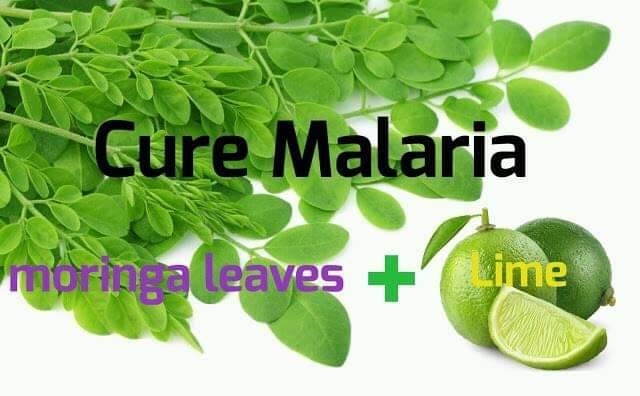Malaria remains one of the world's most devastating diseases, particularly in tropical and subtropical regions. Despite significant advances in medical science, the quest for more effective and accessible treatments continues. Enter Moringa Oleifera, the "Miracle Tree," renowned not only for its nutritional benefits but also for its potential in combating various health conditions, including malaria. This article delves into the antiparasitic properties of Moringa, exploring its efficacy and potential as a natural remedy in the fight against malaria.
Moringa's Antiparasitic Arsenal Against Malaria
Understanding Malaria's Impact
Global Burden: Malaria, caused by Plasmodium parasites transmitted through the bite of infected Anopheles mosquitoes, affects millions annually, leading to high morbidity and mortality rates, especially among children and pregnant women in Africa.
Challenges in Eradication: Resistance to antimalarial drugs and insecticides, coupled with the absence of an universally effective vaccine, complicates efforts to control and eliminate malaria.
Investigating Moringa's Potential
Bioactive Compounds: Moringa leaves, seeds, and bark contain a rich array of bioactive compounds, including isothiocyanates, flavonoids, and phenolic acids, known for their antiparasitic, anti-inflammatory, and antioxidant properties.
Antiparasitic Mechanisms: Preliminary studies suggest that these compounds may inhibit the growth and reproduction of Plasmodium parasites, disrupt the lifecycle of malaria-transmitting mosquitoes, or enhance the immune response to infection.
Research Highlights: Moringa's Role in Malaria Prevention and Treatment
In Vitro and In Vivo Studies
Laboratory Efficacy: Research conducted in vitro (in glass) and in vivo (in living organisms) has shown promising results, with certain extracts of Moringa demonstrating the ability to inhibit Plasmodium falciparum, the most deadly malaria parasite.
Mosquito Larvicidal Activity: Studies also indicate that Moringa seed extracts possess larvicidal properties, potentially reducing mosquito populations and interrupting the transmission cycle of malaria.
Integrating Moringa into Malaria Control Strategies
Supplemental Treatment: While not a substitute for conventional antimalarial drugs, Moringa could be explored as a supplementary treatment, given its nutritional benefits and potential to mitigate the disease's severity.
Community-Based Mosquito Control: Utilizing Moringa's larvicidal properties in community-led mosquito control initiatives offers a low-cost, sustainable method to reduce the risk of malaria transmission.
Challenges and Future Directions
Bridging Research Gaps
Clinical Trials: The transition from laboratory findings to clinical application requires rigorous clinical trials to assess the safety, efficacy, and optimal dosage of Moringa-based treatments for malaria.
Holistic Approaches: Further research is needed to understand how Moringa can be effectively integrated into existing malaria control programs, considering local contexts and healthcare infrastructures.
Ethical and Sustainable Cultivation
Sustainable Sourcing: As interest in Moringa grows, ensuring ethical and sustainable cultivation practices is paramount to prevent overexploitation and environmental degradation.
Community Empowerment: Supporting local communities in cultivating Moringa not only contributes to malaria prevention efforts but also promotes economic development and food security.
Conclusion:
Moringa Oleifera's journey in the fight against malaria is a testament to the potential of natural remedies in addressing global health challenges. Its antiparasitic properties, coupled with nutritional benefits, offer a multifaceted approach to malaria prevention and treatment. While significant strides have been made in understanding Moringa's role in combating malaria, continued research, collaboration, and innovation are crucial to fully unlock its potential. As we forge ahead, Moringa stands as a beacon of hope, symbolizing the convergence of traditional knowledge and modern science in the pursuit of a malaria-free world.

